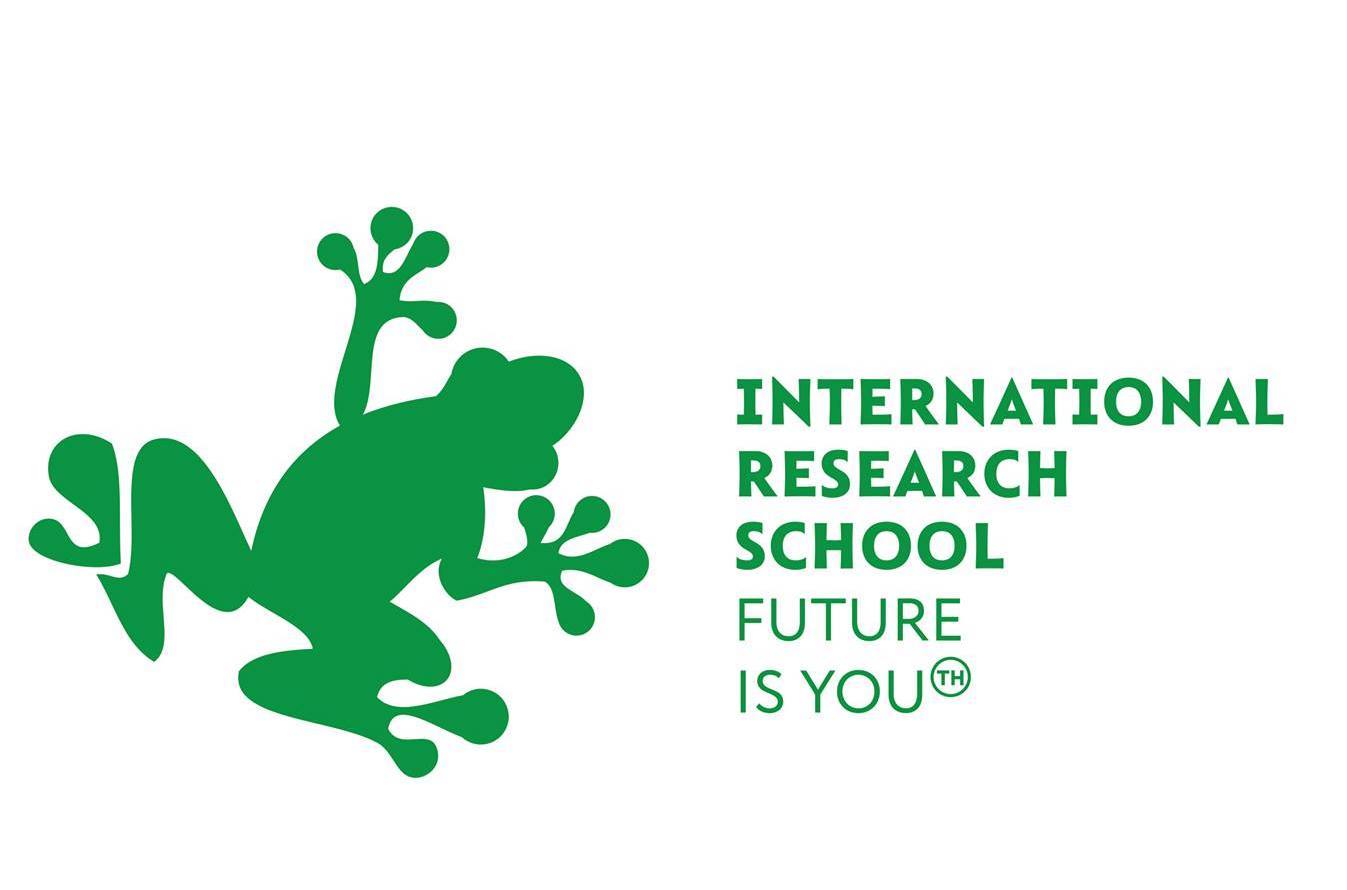15TH INTERNATIONAL RESEARCH SCHOOL
How our brain reacts to educational content: what data can we get
Cognitive Sciences, Neurosciences, Education
Welcome to IRS-2023!
Recently, technologies related to the study of the human brain have been developing very actively. The data of these studies and developments go beyond medicine and active attempts are being made to use them in all areas where interaction with the brain takes place in one way or another (neuroeconomics, neurophilosophy, neuropedagogy, neuropravo, etc.). For example, in education, experiments are being conducted on the use of neurointerfaces to analyze the level of concentration of students in class in China (Figure 1) and a combination of a neurointerface and a VR helmet to track a student's reaction to educational content in Russia (Figure 2).
Recently, technologies related to the study of the human brain have been developing very actively. The data of these studies and developments go beyond medicine and active attempts are being made to use them in all areas where interaction with the brain takes place in one way or another (neuroeconomics, neurophilosophy, neuropedagogy, neuropravo, etc.). For example, in education, experiments are being conducted on the use of neurointerfaces to analyze the level of concentration of students in class in China (Figure 1) and a combination of a neurointerface and a VR helmet to track a student's reaction to educational content in Russia (Figure 2).

Figure 1

Figure 2
At the junction of the use of several directions, a new one is emerging – neuropedagogy, which combines cognitive sciences, neuroscience, pedagogical psychology, methodology, didactics and other related disciplines to study the interrelationships between the physiological processes of the brain and learning.

During the research project, we will try to obtain data on the activity of our brain with the help of portable devices-neurointerfaces and interpret them into various mental states (concentration, meditation). Thanks to this, we will be able to track the cognitive load of a person when watching educational video lectures, presentations or specialized tests.

With the help of eye tracking (eye movement tracking technology), we will track what a person focuses on most when viewing stimuli.
Based on the results of the project, we will process and interpret the data obtained and find out whether it is possible to use neurotechnologies to evaluate educational activities.
We are waiting for everyone who is interested in brain research, educational content and the use of neurotechnology methods
Based on the results of the project, we will process and interpret the data obtained and find out whether it is possible to use neurotechnologies to evaluate educational activities.
We are waiting for everyone who is interested in brain research, educational content and the use of neurotechnology methods

Requirements to the students:
Basic knowledge of biology (the structure and function of the brain), Confident use of computers and Office programs
Basic knowledge of biology (the structure and function of the brain), Confident use of computers and Office programs
Tutors

Maksim Sorochinskii
Yakutsk. Russia
Yakutsk. Russia
Maksim, Ph.D. of Pedagogic Sciences at the North-Eastern Federal University, Yakutsk. Associate Professor of the Department of Computer Science and Computer Engineering. Professional interests - educational technologies, digitalization of the educational process. Engaged in research in the field of the use of neurotechnologies in education. In 2021 , he won a grant from the President of the Russian Federation on the topic: "Research of e-learning by methods of neurotechnologies". This is my first IRS.

Negar Pourmohammad
Tehran, Iran
Tehran, Iran
Negar, PhD student of Cognitive science, Cognitive Psychology, institute of Cognitive and Brain Sciences, Shahid Beheshti university, Tehran, Iran. Neuropsychologist, works as therapist using TMS, tDCs, Neurofeedback and cognitive rehabilitation therapy softwares. Although doing EEG and cognitive assessments. Teaching neuroscience in coaching in private institutes. Main research field is neuro-economics specifically decision making. Interested in cognitive technologies and neural process.


